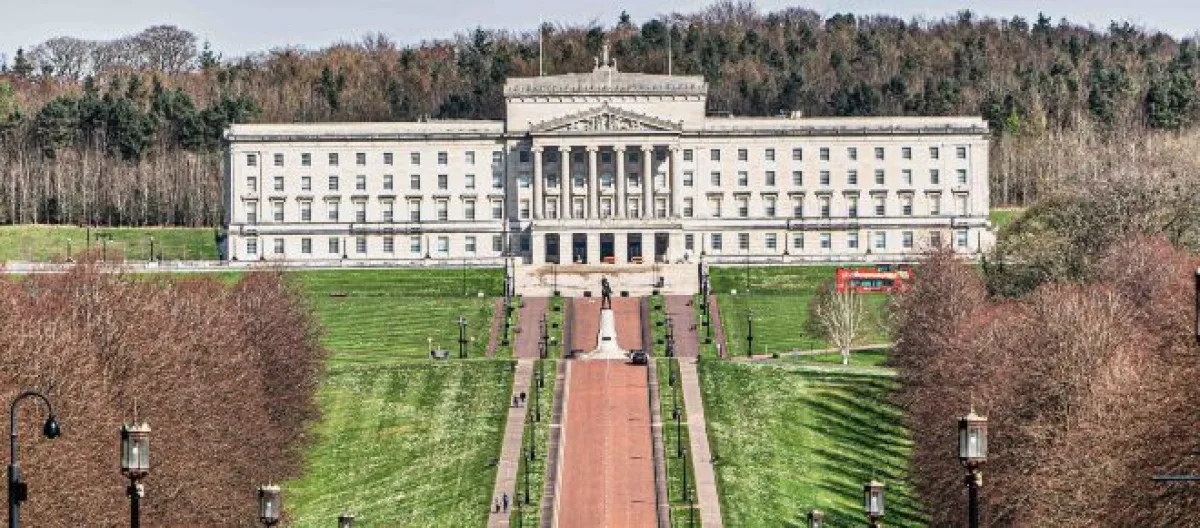The Northern Ireland Assembly is, in theory, the legislature that oversees one of the four parts of the United Kingdom. In Gaelic, it's known as 'Tionol Thuaisceart Eireann'. And in Scots, it's called 'Norlin Airlan Assemblie'. All of these names might be confusing. Which might be part of why it's commonly referred to as simply 'Stormont'.
But Stormont hasn't actually functionally governed in more than three years.
Largely cultural divides have left the legislature in a suspended state since 2017. Now, two different federal governments have stepped in.
The United Kingdom, Republic of Ireland governments propose a compromise
The United Kingdom and the Republic of Ireland have decided enough is enough in Northern Ireland. While Northern Ireland is technically only actually a part of the U.K., it has a special relationship with the rest of Ireland.
The regional legislature collapsed in early 2017. As reported by ABC, the initial dispute was over a green energy project. But it wouldn't end there. Other political and cultural differences became drawn into the debate.
Long-standing wounds were refreshed.
The Guardian reports that the biggest problem languages. A vast majority of Northern Ireland, as well as the Republic of Ireland, primarily speak and write English. But there is still a small group of people who use Gaelic as their first language. Historically, Gaelic was the main language in the region for at least about 1,000 years before British colonization in the 17th Century.
The numbers percentages are decidedly lopsided in favor of English-speakers. This seems to be deeply unsatisfying to some members of Stormont. They want specific legislation to give Gaelic and equal standing to English in Northern Ireland. Intense feelings on the subject have helped to keep regional politics at a stand-still.
Among other things, the proposal for the U.K. and the Irish Republic tries to address this. It suggests the creation of two language commissioners. One to address concerns for Gaelic speakers. Another to address issues for Scots speakers.
Julian Smith, the United Kingdom's Northern Ireland secretary, strongly supports the deal. So does Simon Coveney, the deputy prime minister and foreign minister of the Republic of Ireland.
Politics are different in Northern Ireland than elsewhere in the United Kingdom
Northern Irish politics tend to work differently than they do in Great Britain. Not least of which because the main British political parties have a little-to-no presence in Northern Ireland. Instead, regional parties dominate.
The two current biggest parties in Stormont are the Democratic Unionist Party and Sinn Fein. Both have an equal amount of seats. The conservative DUP promotes remaining in the United Kingdom. Meanwhile, the left-wing Sinn Fein wants reunification with the rest of Ireland. The DUP has more allies of other party affiliations in the Assembly, giving them the advantage.
